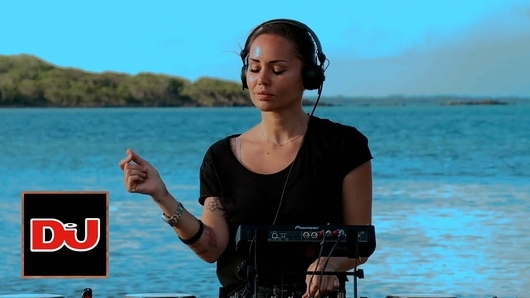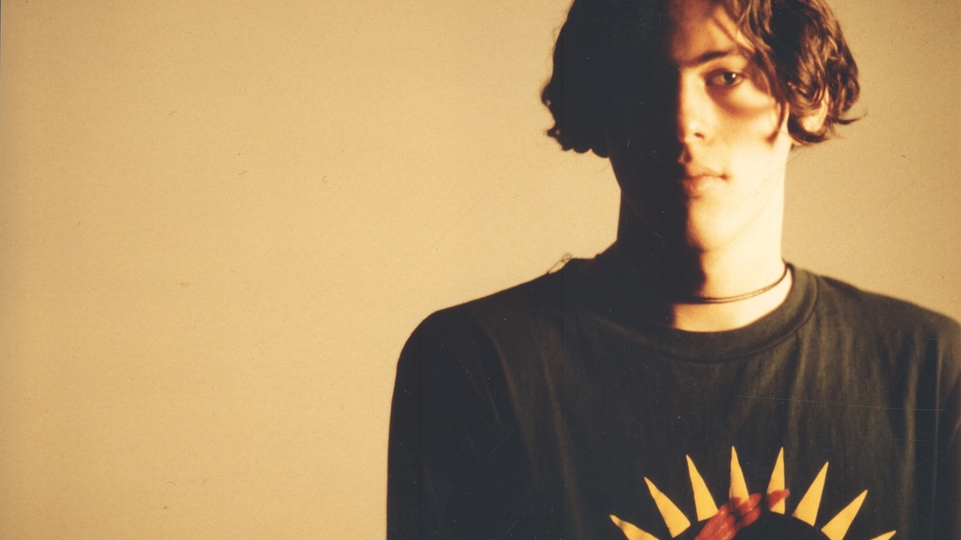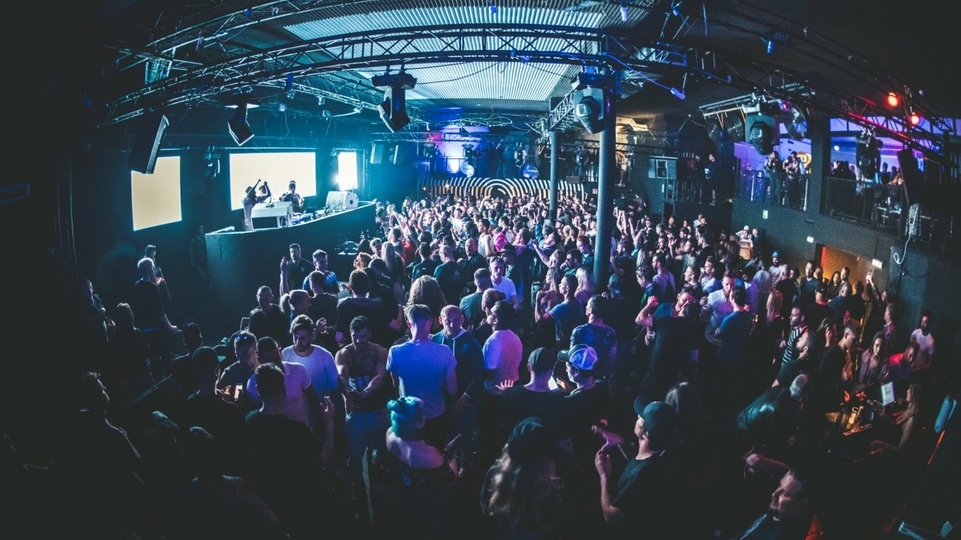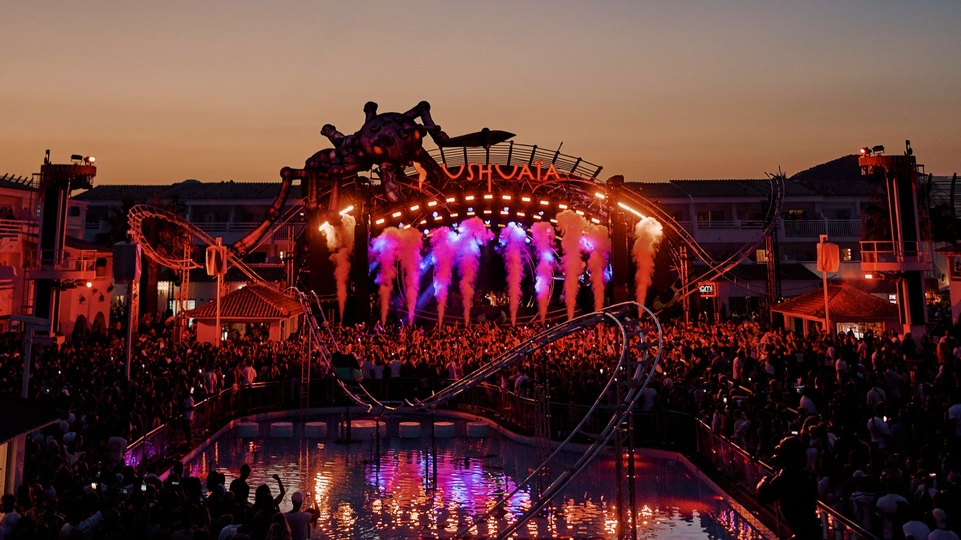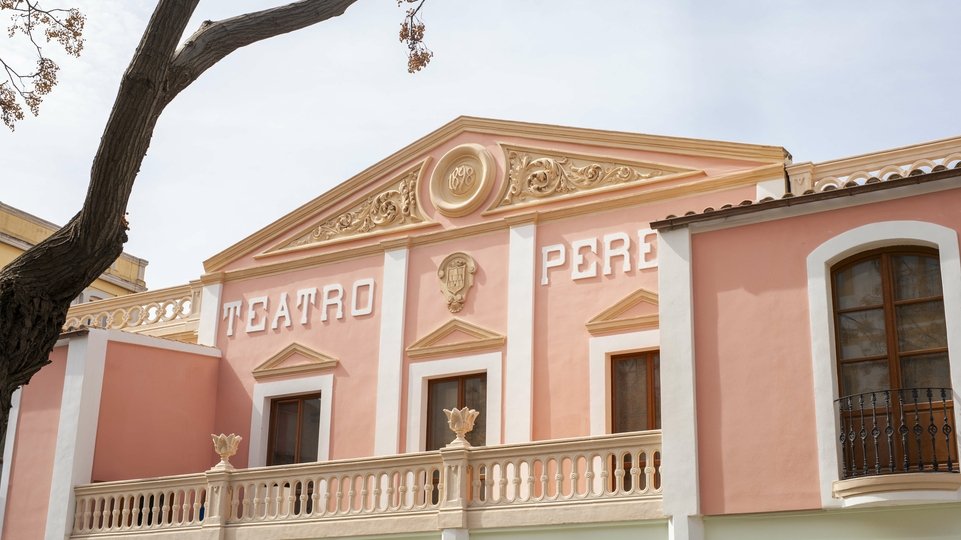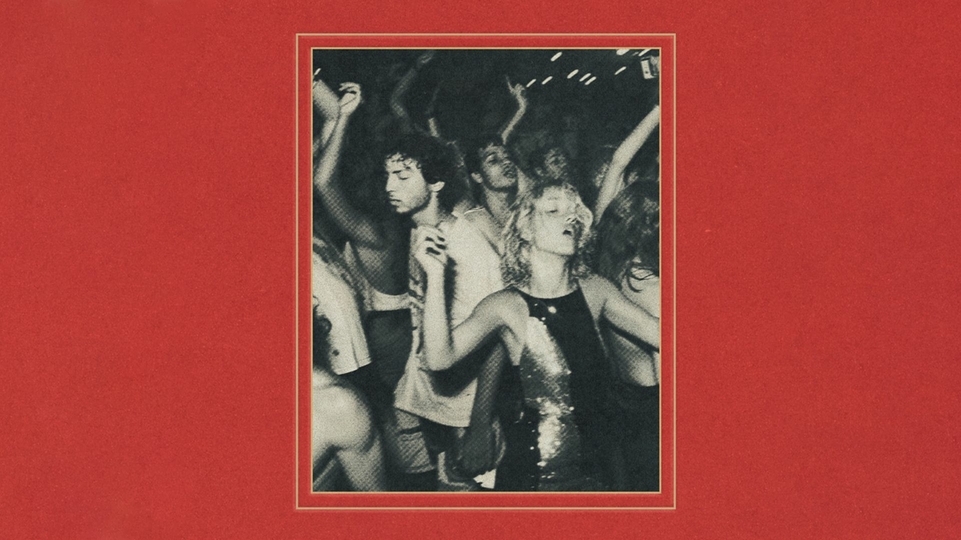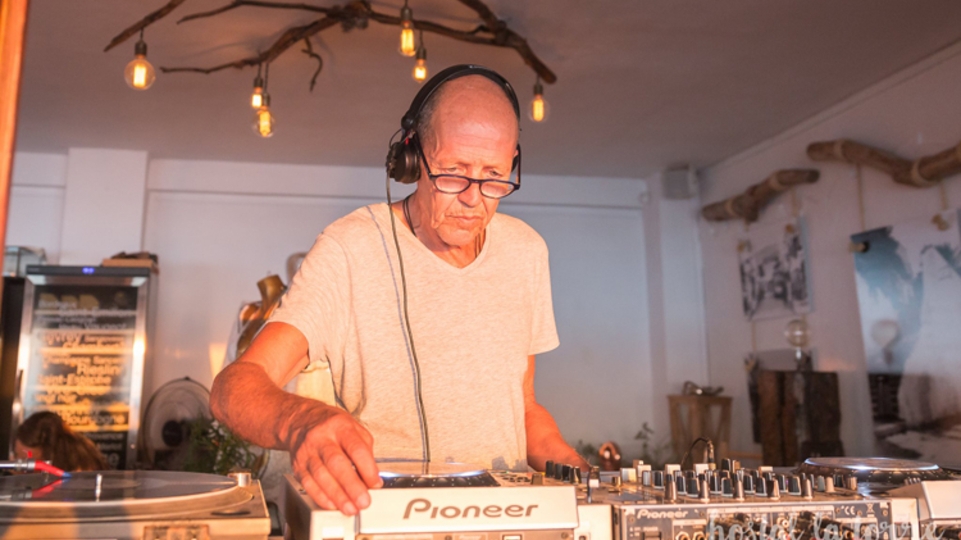
Deborah de Luca: homeward bound
Deborah De Luca has risen out of her home city of Naples in Italy to become a in-demand international headliner. She’s been one of the main DJs at premium White Isle club Amnesia this summer, and here she talks to DJ Mag Ibiza about her love for her home city, her incredible fondness for dogs, body image issues, and how long she might remain in the DJ game
“I think I am the only artist on my level that hasn’t run from Naples,” says Deborah De Luca. “I will show you why.” The Italian jumps from her seat, phone in hand, and skips through an open door out onto a terracotta-tiled terrace. It leads onto a clean white sand beach and nothing else but blue — the deep blue of the sea, the light blue of the cloudless sky.
Behind her is Italy’s third-largest city, and the one she grew up in. But it has changed immeasurably since Deborah’s childhood. Back then, she lived in the shadows of an infamous residential complex in Scampia, on the northern outskirts of town. Known as Le Vele — or ‘the sails’ — the vast apartment blocks were designed to represent the shape of a particular triangular sail.
Built in the ’60s and early ’70s, only four of the original seven blocks remain, but they have been forever immortalised in the crime drama Gomorrah, which tells how they were once the largest drug-dealing hotspot in Europe, filled with mafia foot-soldiers and rife with murderous gang wars. But that is no longer the reality, and it hasn't been for decades. As a child, Deborah heard and even normalised the stories of crime, theft and murder, but never experienced any of that for herself. Her family did move away from the area once she finished elementary school, but only to look for work.
Deborah returned in her mid-twenties, and these days it's not only the sea that keeps her here. “It’s the food,” says the long-time vegetarian, before cooing over the famously fresh fruit, veg, pasta and mozzarella of the region. She jokes that each week she gains “two kilos” because of how much she eats, but that she loses it again when on the road and offered less delicious meals. “What I feel when I am here is so special,” she says. “I really love my city. If one day I had the choice between my job and my home, I would choose my home.”

“If I feel bad, dogs help me every time. When I’m at home and my dogs are with me, I don’t feel alone — ever. The bad thing is dogs only survive 12 or 13 years. I’m not lucky with them.”
That groundedness is one of several ways that De Luca comes across as something of an outlier in the techno scene. She’s one of the biggest names of the top tier, able to headline Amnesia in Ibiza, tour North and South America and, in November, play Time Warp in Germany as 2.5 million Instagram fans follow her journey. But she resolutely does not play the game, doesn’t hang out with fellow DJs, doesn’t constantly wear all black to fit in with the techno aesthetic, and doesn’t consider herself part of a scene.
“I am not a DJ. It is my job, and I love it, but it is not my life,” she says in solid English, apologising unnecessarily for her lack of words. “I don’t want fame. So I work every day to have one normal life. I go to the same cheap restaurant every day. I spent a lot of time in the past working towards this job, but if you ask me now if I'm part of the pyramid, then no. I don’t need to be in that pyramid. This is because I want to be ready when my job is finished.” She laughs as she continues, “I don’t want to have to pay another psychologist who would have to help me to get used to another life in another job, because I already have two!”
It’s fair to say that next to music, Deborah loves dogs. Like, really, really loves dogs. She doesn’t stay on the road for too long because she’d rather be at home with her hounds and, in fact, there are some places she won’t play at all because of how they mistreat canines. She says she donates more than 10% of her monthly income to dog-related causes. She is also building her own dog shelter, and looks after her own rescue dogs. She dedicates so much time and love to dogs, it’s almost as if she only DJs at all in order to finance her addiction to her furry friends.
But no. Deborah quickly points out that she loves the music too. She loves what it offers people — an escape, in much the same way that dogs do. “My father taught me to love music,” she says, remembering how he would play records all afternoon during her childhood. “We listened to everything, he had a collection of thousands.” It was the lure of techno that stayed with her the most. Her own take on the genre is rich in melody and song structure, swept up in emotion and about much more than functional drum programming. “I love to see the reactions of people when the melodies start,” she smiles. “In that moment, all their problems disappear. They forget everything.”
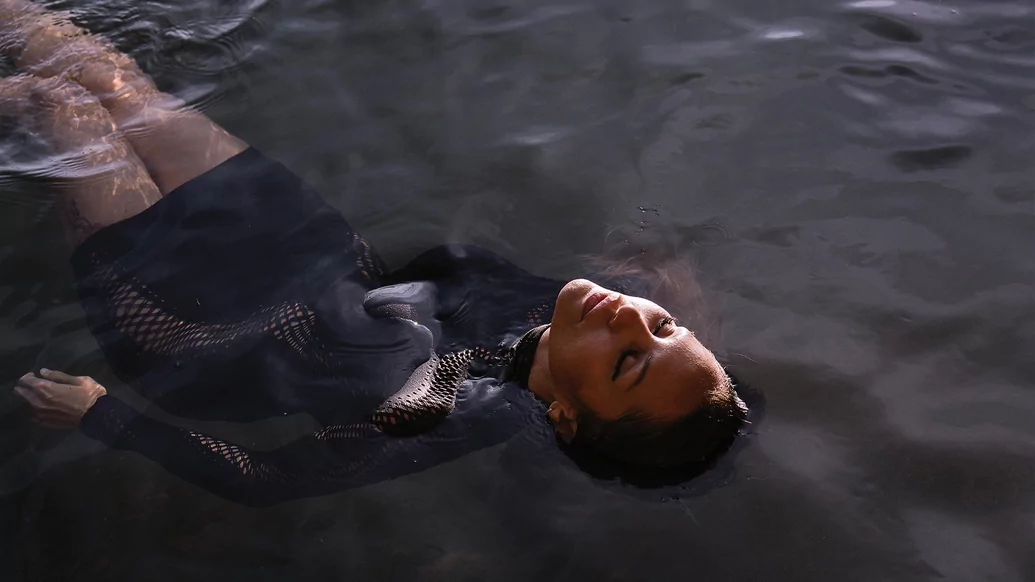
Her house is in a gorgeous spot, but it is humble. The small room she is sat in has the bare essentials for music making — there are no racks of unused gear in order to puff out her social media, no giant computer screens to hide behind. “It’s all I need,” she says. “That and my dogs.” At this exact moment, there is a bark, then her beloved “little big boy” Filippo saunters into view and gets a big old fuss from Deborah, who struggles to lift him onto her knee. He’s a handsome, white and tan Dogo and American Staffordshire Terrier cross who is “36kgs of pure muscle. People say that dogs are better than humans, and this is true,” she believes. “If I feel bad, dogs help me every time. When I’m at home and my dogs are with me, I don’t feel alone — ever. The bad thing is dogs only survive 12 or 13 years. I’m not lucky with them.”
That is part of the reason that Deborah says 2022 was the worst year of her private life: she lost a beloved canine companion called Penelope. One of her many tattoos is an image of the two playing together on one of the last days they shared. Two or three months later, one of her first-ever dogs also died following an attack by another dog. Initially, the dog had been staying with her mother while Deborah was on tour. “But when I got back, she loved my mum so much, I had to put her feelings before mine, to not be an egoist, and so I left that dog to live with my mum.
That dog was called Nina after Nina Kraviz, someone Deborah speaks about fondly. She first saw the трип label-head play some 12 years ago in Naples. “She was small back then, and I was nobody, but she was an inspiration for me. Not just the music, because I play different music to her, but as a person. I always thought I had to change to meet what the market wanted from me, but Nina, she always did what she wanted without caring about the market. She totally changed her style at the moment she became super-hyped. I don’t know many DJs who would have the courage to do that.
“Nina also helped me to feel good about my body,” she continues. “Before her, people expected androgyny, no boobs, and the same style. But Nina, she changed the rules. At first, they tried to say no, but she didn't care. So now I don’t worry about what I post or if I wear red lipstick. I don’t care what people think anymore.”

“[Ibiza] has changed so much in 20 years, but I love playing Amnesia. People don’t come to see actors or celebrities. They come for the music. They have fun, and I have fun too. That’s important to me.”
These insecurities have been with Deborah for a long time. Her first job started the day after she finished fashion school. She worked as a waitress in her quiet hometown of the time and saw it as a way to meet people and “experience some colour”. Before long she progressed to working on the bar and then became a dancer at a club in Riccione, a small coastal town in the North of Italy. “When I started to dance I said to myself, ‘OK, take the money, it’s good, but I don't want to be a dancer at 40 years old. My looks won’t last. It won’t be good for me as a woman to be that age in my underwear at the club’.”
Deborah set herself a target to stop by the age of 28, on her own terms, not when a man told her she no longer looked the part. One day, she got wind that the DJs in the club were paid the same as she was and saw it as a more long-term job option. It was a perfect way out for her, so she threw herself in at the deep end, started to practise, and at some point a club owner from Verona got wind and offered her a job. “I’d never have imagined I would get to the level that I have,” says Deborah, who has already begun to worry about the future once more. “I won’t be doing this when I’m 60,” says the 43-year-old.
It’s not that she doesn’t want to. More, that she thinks the world won’t want her to because, although women are more prominent than ever in the dance music world these days, Deborah believes that once she no longer fits with a certain aesthetic, she will be forgotten. And it’s hard to argue — older male DJs by far and away outnumber their female counterparts.
Her dream is, unsurprisingly, to spend more and more time looking after dogs and running her dog sanctuary. But her fans might not allow it. 7,000 of them turned out to see her playing her first-ever own party in Naples recently — and it was raining, something that usually keeps Neapolitans firmly indoors. “We’re a complicated city. The people give you a lot of things, but they expect a lot from you, too. I didn't expect so many of them to come that night. It was one of the best nights of my career.”
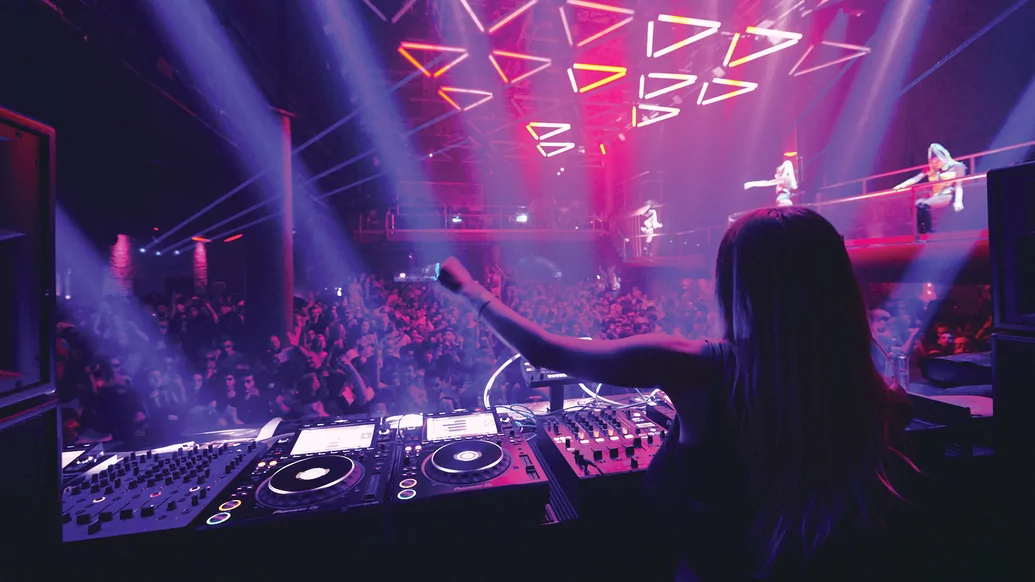
That was in April, and soon after came another unforgettable night when she played early on to a sold-out crowd of 25,000 people as a gift at Franco Ricciardi's concert in the legendary Stadio Diego Armando Maradona — the home ground of recently crowned Serie A champions Napoli. It was an emotional moment for Deborah, who believes that Italians don't support their own in the way that other countries do. “That stadium is like a mecca. My set was three hours before the main headliner, and all those people still turned out for me. I didn't take any money for that, it was a gift for my city.”
For Deborah it's been a busy summer of gigs, including several for Pyramid at Amnesia in Ibiza. It’s an island she used to visit to hear new music and discover new trends, but now she is setting those trends. “It has changed so much in 20 years,” she says, “but I love playing Amnesia. People don’t come to see actors or celebrities. They come for the music. They have fun, and I have fun too. That’s important to me. It’s not just about the money.” And she admits she has hit goals she never even set for herself. “Now I don’t look more than a year ahead. We never know what’s going to happen tomorrow or next week, so I don’t plan any longer than that.”
